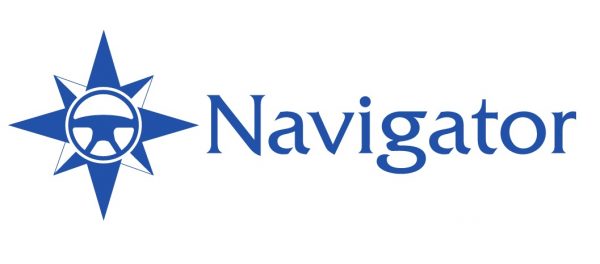From the 6 April 2016 new rules will apply to Charging Orders and Attachment of Earnings applications in the County Court.
The aim is to speed up the application process by reducing judicial input and simplifying the process.
The processes will be centralised whereby all applications must be made through the County Court Money Claims Centre (CCMCC).
Fees can be paid through a fee account and applications can be made online.
Forms N379 (application for charging order on land or property) and N380 (applications for a charging order on securities) will also change to reflect the new processes.
Initially the charging order process will take place within the Centralised Court, rather than an individual hearing centre and be managed by a Court Officer.
If the appropriate criteria are met, then an Interim Charging Order and Unless Order will be issued without referral to a District Judge, unlike the existing process.
If it does not meet the criteria, then the application will be referred to a District Judge, who may approve the Interim Order or Order that the matter be transferred to the Defendant’s local court for a hearing.
As to Attachment of Earnings, where form N56 (statement of means) has been filed showing that the Defendant is employed and has sufficient income the Court Officer will calculate the Protected Earnings Rate (PER) and the Normal Deduction Rate (NDR) and make a full or suspended Attachment of Earnings Order (AOE), again without reference to a District Judge.
Sounds eminently sensible, but bang goes the theory if the extra workload causes the centralised system to meltdown! Watch this space.

Our dealers use us to help them be more Efficient and Profitable!
You can use our Dealer and Lead Management software to integrate all dealership departments, both online and physical ; providing all in-house functions; Invoicing, Stock Management, Accounting and Marketing as well as interfacing for advertising, ecommerce and more.







